First, let’s start with a little hip hop history. Twenty three years before Deadly Vibe hit the streets, Jamaican-born Kool DJ Hero took power out of the New York electricity grid via lamp-posts beside vacant lots in the South Bronx, and fired up the biggest, baddest hip hop sound system ever heard.
Hero’s sound rocked the world, it’s rhythms remembered as one of the key elements of hip hop music, which was then nothing more than disjointed rhythms, instrumental breaks from funk, jazz and even rock tracks. MC’s, the masters of ceremony (or as Rakim later said ‘MC means move the crowd) would chat over the top of the music rhythms. DJ’s like Hero, Grandmaster Flash and Afrika Bambataa built, saying stuff like ‘yes, yes y’all, to the beat y’all’, ‘hip hop ya don’t stop’. It was simple stuff, really, but it truly was the hip hop foundation.
The culture was new, but sampling from the old; old school, that is, something that the ghetto kids (black, Asian, Latino and white) felt had been taken away from them, the culture that created black music in the first place. As Dick Hebdige, author of Cut’n’Mix wrote of the ‘break-dancers’ , as he called them, by taping bits of funk off air and recycling it, the break-dancers were setting up a direct link to their culture heroes. And anyway, who invented music in the first place? Who ever owned sound and speech?
And so it was the sampling, DJing, MCing, breaking and the graffiti culture (that many believe predates the music culture) evolved, and continues to evolve into the culture it is in 1996, which is where Deadly Vibe comes in to the picture.
Today hip hop music is just one part of a culture that has spread all over the world, partly through the enthusiasm of literally millions of b-boys and b-girls and also, significantly, via the world of multinational record companies, who sign up hip hop crews to profitable record deals.
The Wu Tang Clan’s RZA Hs just founded his own label, Razor Sharp, with excess dollars from a deal reported to be worth more than a million dollars; his new parent label, Epic, a subsidiary of Sony music, stands to gain perhaps millions more.
It isn’t the multimillion-dollar men and women of the rap industry that make hip hop culture what it is, but rather the colour, drams and sheer diversity of hip hop’s global population. As Q-Tip ofd A Tribe Called West put it on their 1996 album Beats, Rhymes & Life, “hip hop, is a way of life. It doesn’t tell you how to raise a child or treat your wife.”
It is in fact that hip hop has become a real culture to millions of men & women, of all sorts of backgrounds, that makes it so powerful and strong enough to last through the stages when even the most devout may have doubted whether it was more than a fad that makes it meaningful. The Deadly Vibe coming from this part of the world is what this column’s about, so stay glued and true for more in the present tense in the next edition of Deadly Vibe.
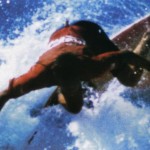
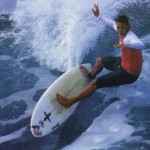

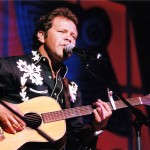
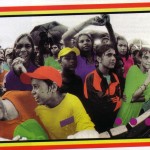
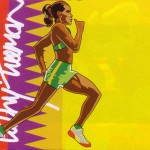
Comments are closed.